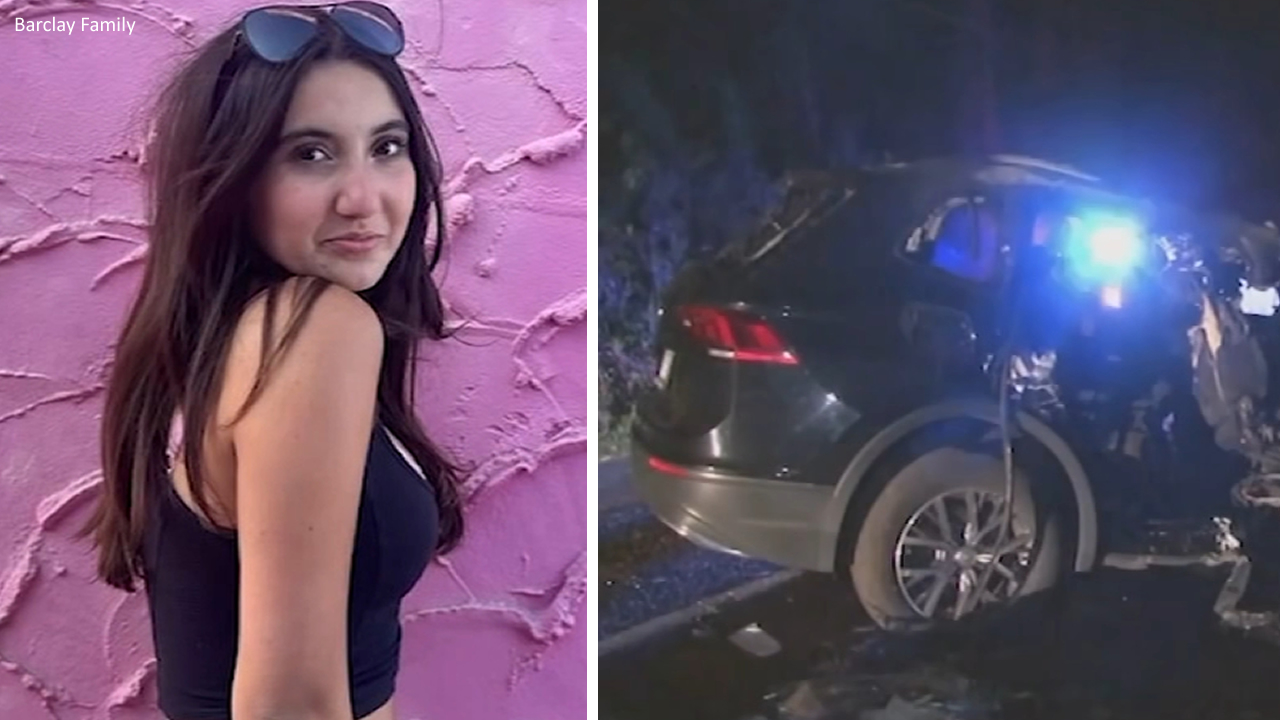What will traffic look like after COVID-19? Bay Area officials weigh in


SAN FRANCISCO (KGO) -- The changing workplace is one of the key areas we're focusing on in Building a Better Bay Area. As companies begin to adjust to a post-pandemic world, the congestion-free highways we see today could revert to the nightmare commutes of a few months ago.
Is that true or not?
RELATED: CHP sees spike in 100-mph speeding tickets amid coronavirus shutdown
People are amazed to look at the noticeable drop in traffic as a result of working from home; freeways with no backups and vehicles zipping along at or above the speed limit.
New data from Joint Venture's Institute for Regional Studies says Silicon Valley traffic is down 94 percent. Crashes are down 63 percent. Greenhouse gas emissions are on track to fall 8 to 21 percent this year compared to last year.
However, change is coming to the workplace. Some will be given an opportunity to continue to work at home while others won't.
"We will still have a huge share of our employees that need to commute to and from work every day," said Rachel Massaro at the Institute for Regional Studies. "I hope that we see a decline in traffic delays, but it probably won't be as pronounced as we're seeing right now."
The coronavirus pandemic has given employers the proof they needed that working at home is not only feasible, but also productive.
RELATED: Bay Bridge toll to remain at $6 everyday amid COVID-19 pandemic
Russell Hancock is CEO of Joint Venture Silicon Valley.
"We're actually going to see employers requiring it, and they're going to take that as an approach to the cost savings, their efficiencies, and their contribution to the community around them," Hancock said.
Hancock doesn't see this shift having a negative impact on the BART extension to San Jose. He says the need for public transit remains.
And major tech campus projects, such as the one Google plans near the downtown Diridon transit center, will stay on track.
"There isn't that expectation that everybody will be there all of the time," he said. "I think employers like Google are going to be viewing work as something that can be done flexibly."
However, the changing workplace and the demands it places on regional planning should, he says, lead to new countywide task forces and discussion.
If you have a question or comment about the coronavirus pandemic, submit yours via the form below or here.
Get the latest news, information and videos about the novel coronavirus pandemic here
RELATED STORIES & VIDEOS:
- COVID-19 Help: Comprehensive list of resources, information
- When will the San Francisco Bay Area reopen? Track progress on 6 key metrics to reopening here
- Life after COVID-19: Here's what restaurants, gyms will look like
- WATCH LIVE: Daily briefings from CA, Bay Area officials
- Live updates about coronavirus outbreak in US, around the world
- INTERACTIVE TIMELINE: How close was CA to becoming a NY-level crisis?
- What is a COVID-19 genetic, antigen and antibody test?
- Everything you need to know about the Bay Area's shelter-in-place order
- Coronavirus Timeline: Tracking major moments of COVID-19 pandemic in San Francisco Bay Area/
- List: Where can I get tested for COVID-19 in the Bay Area?
- COVID-19Diaries: Personal stories of Bay Area residents during novel coronavirus pandemic
- Coronavirus Doctor's Note: Dr. Alok Patel gives his insight into COVID-19 pandemic
- What does COVID-19 do to your body and why does it spread so easily?
- WATCH: 'Race & Coronavirus: A Bay Area Conversation' virtual town hall about COVID-19 impact on Asian American community
- WATCH: 'Race & Coronavirus: A Bay Area Conversation' virtual town hall about COVID-19 impact on African American community
- WATCH: 'Race & Coronavirus: A Bay Area Conversation' virtual town hall about COVID-19 impact on Latino community
- WATCH: 'Your Mental Health: A Bay AreaConversation' virtual town hall addressing COVID-19 impact on mental health
- Symptoms, prevention, and how to prepare for a COVID-19 outbreak in the US
- List of stores, companies closing due to coronavirus pandemic
- No masks but here are 100+ products that may help protect you against novel coronavirus germs
- Here's a look at some of history's worst pandemics that have killed millions










